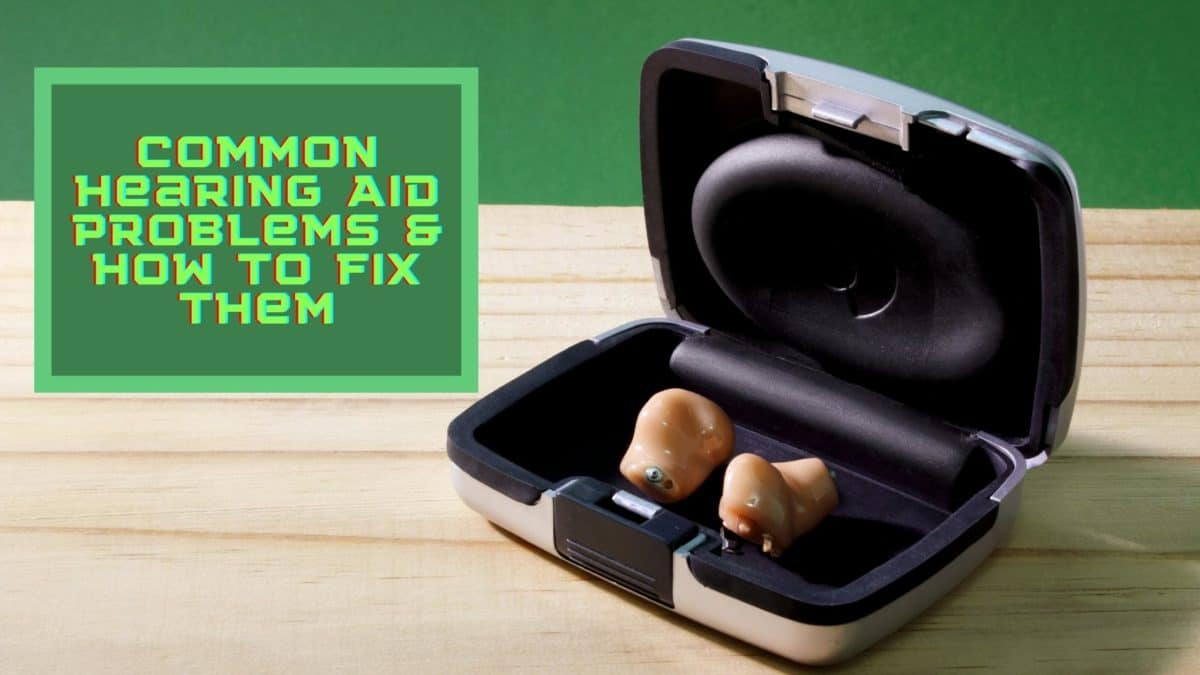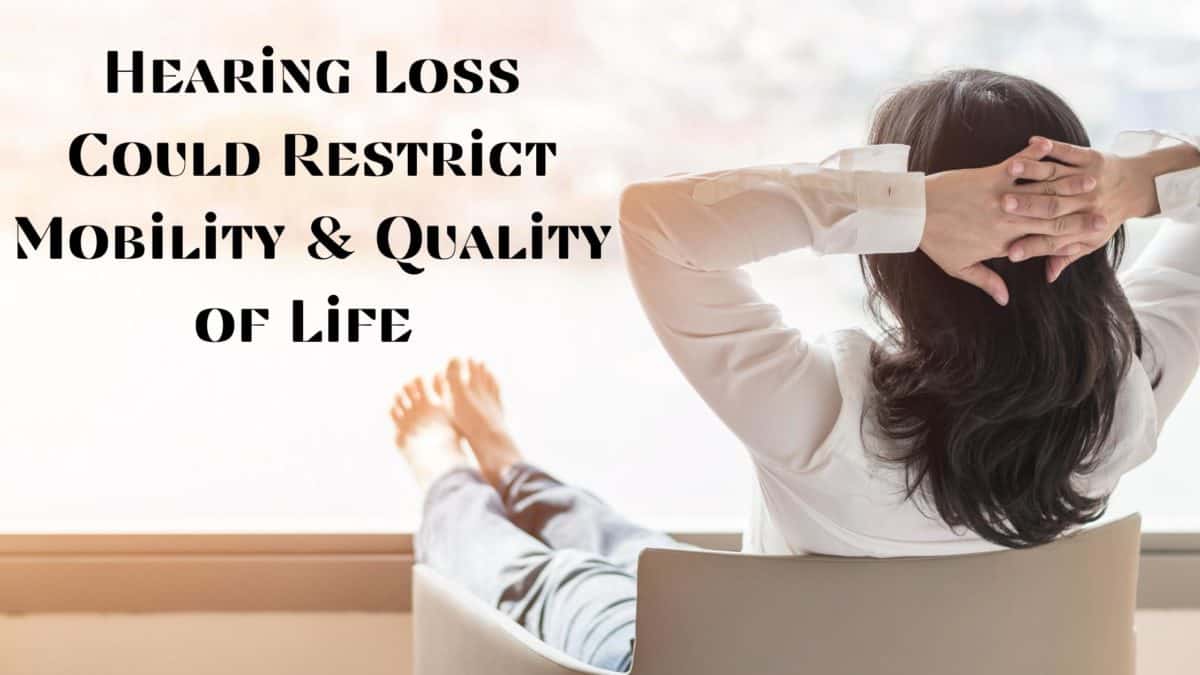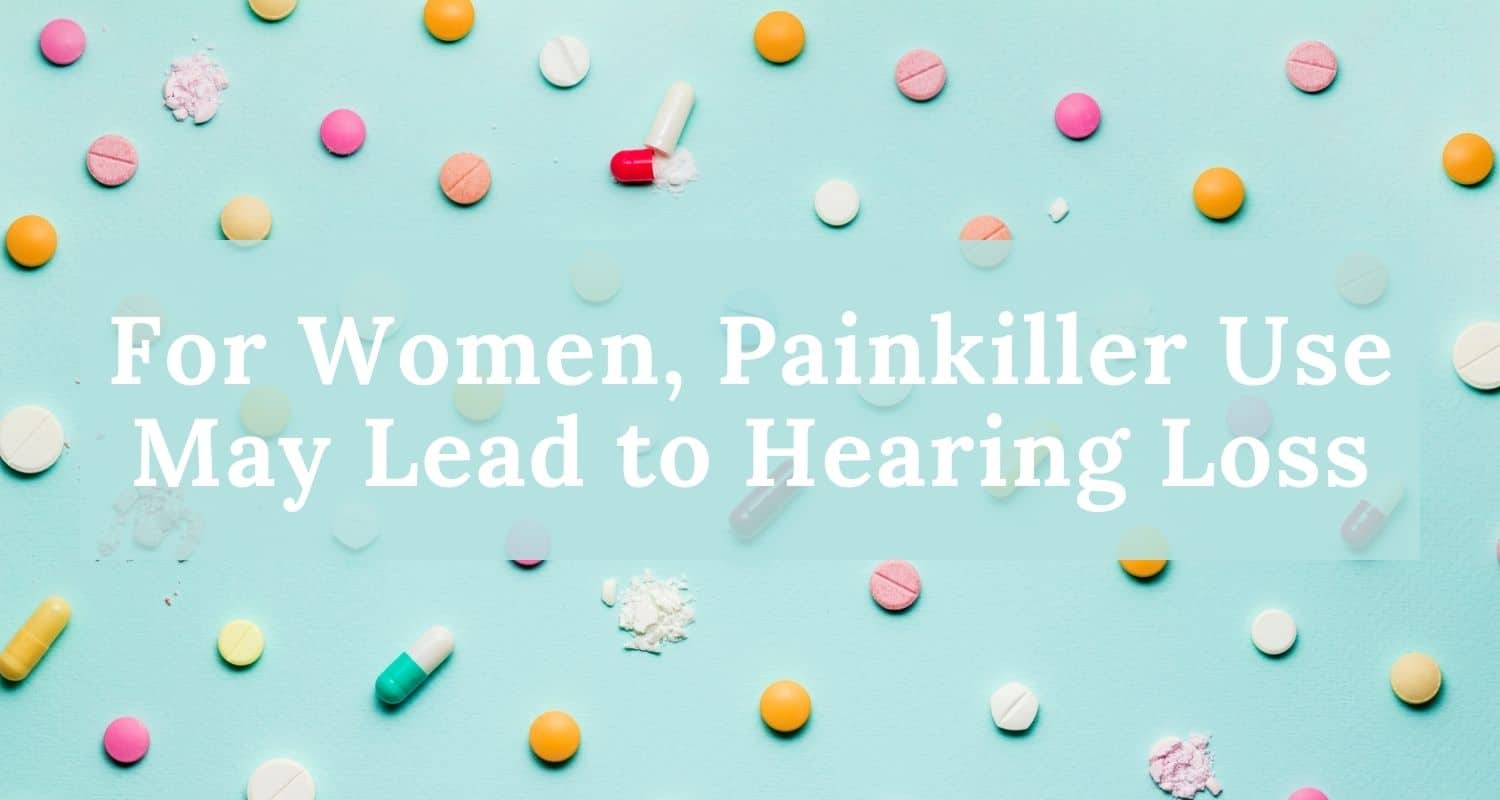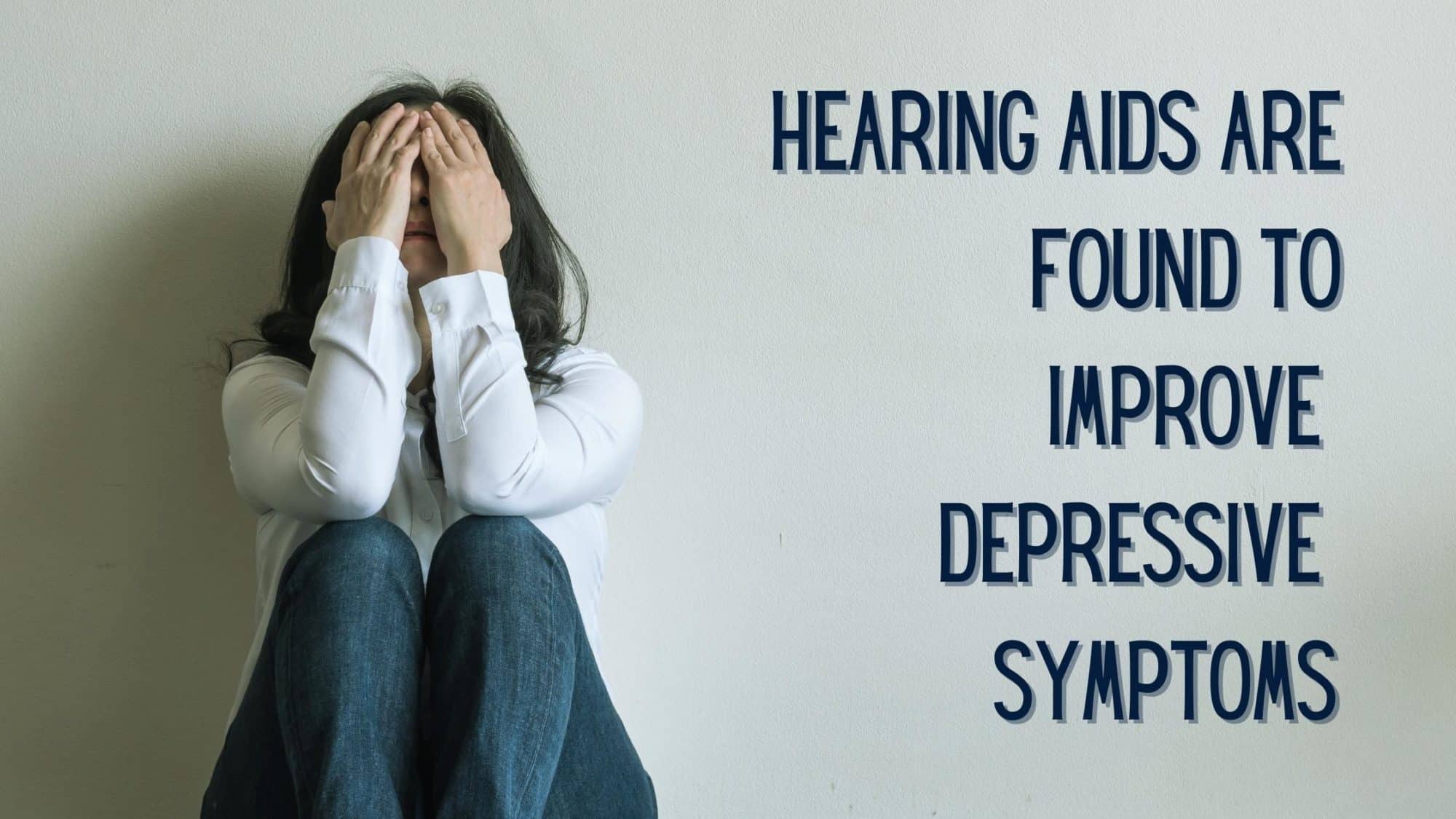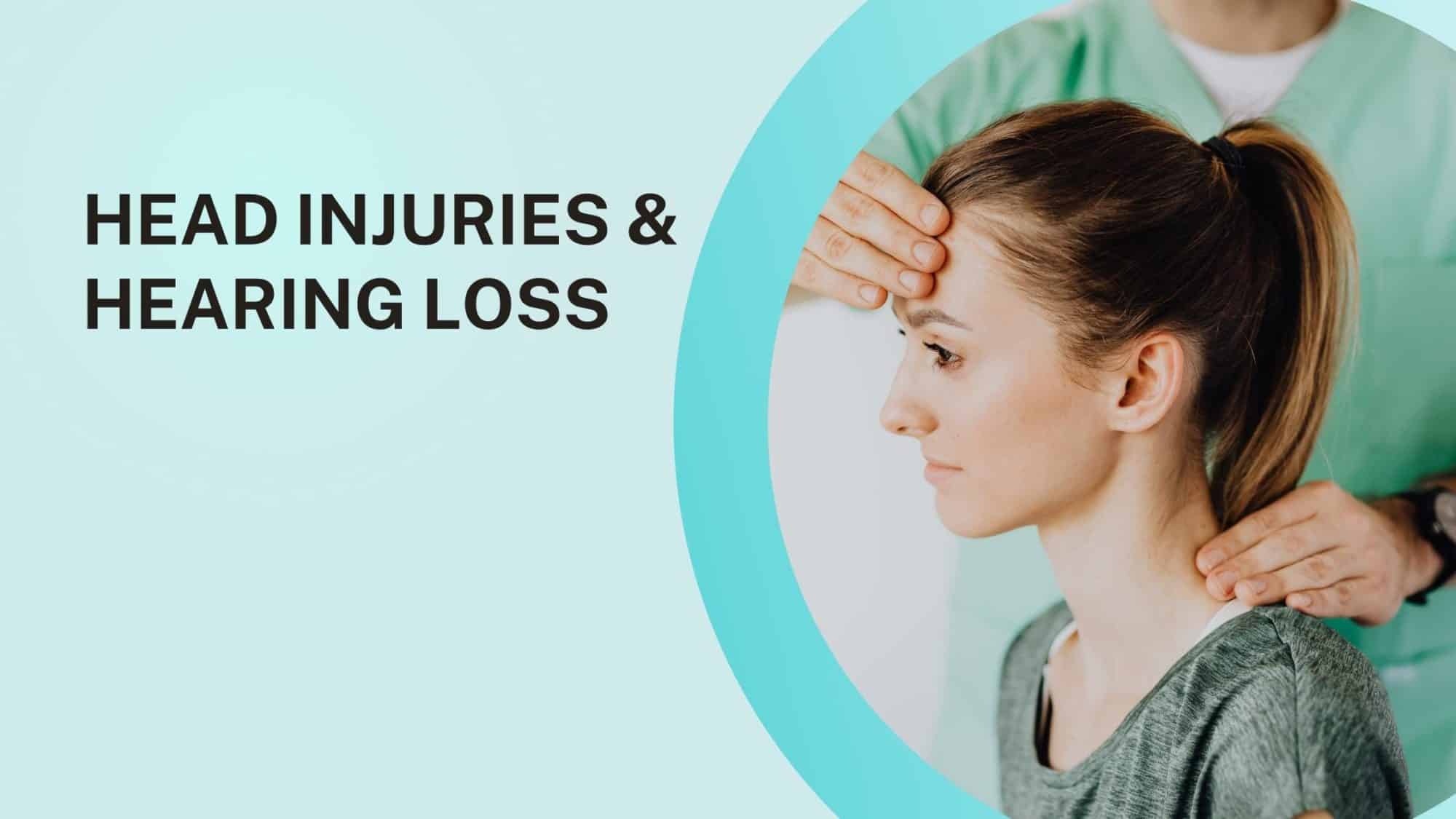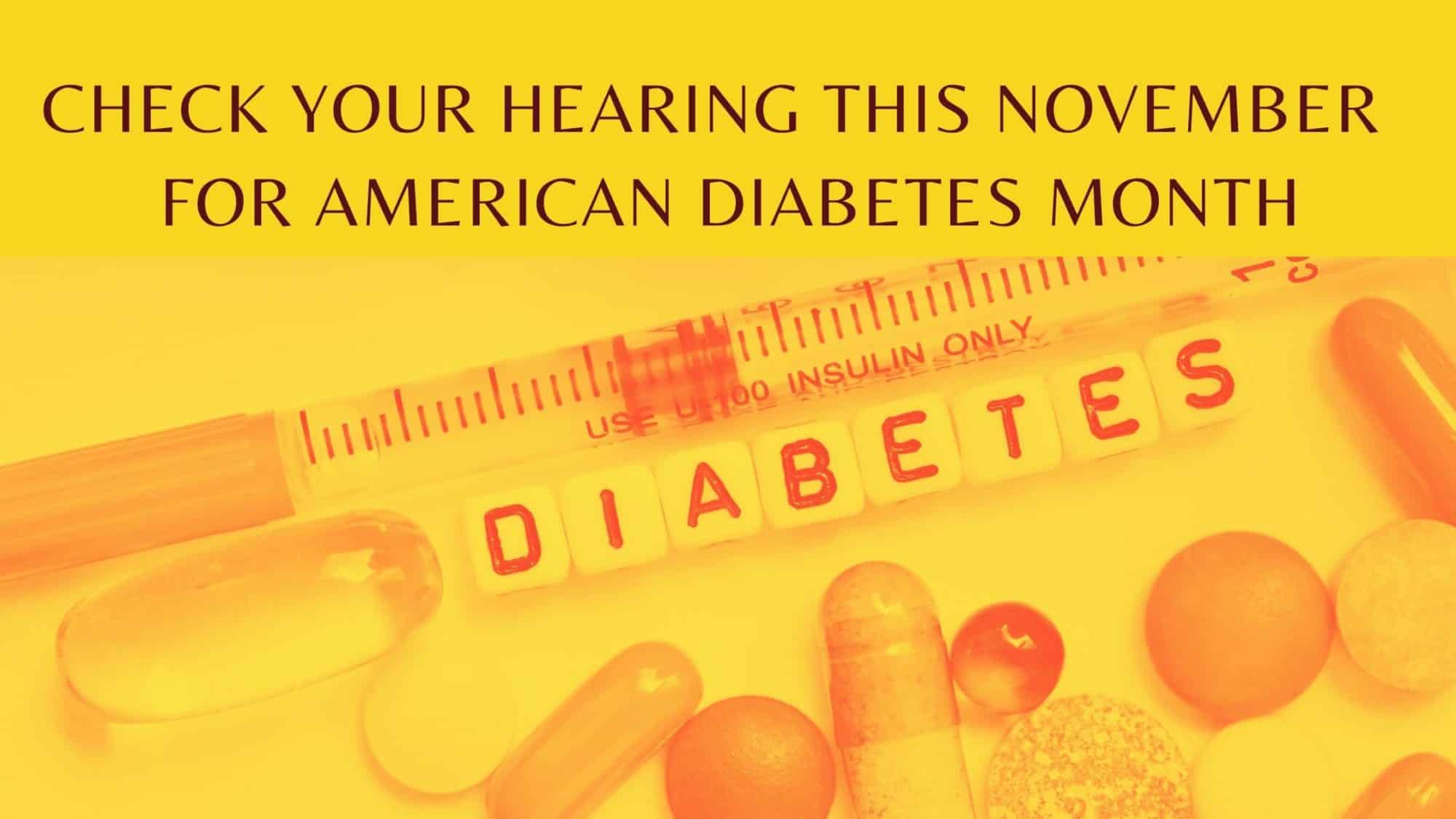Most people only think about earwax when they are trying to get it out of their ears. Who wants to think about that sticky goo in your ear canal?! While it may not be your favorite thing to think about it plays an essential role in the health of our ears. Earwax is not Wax Earwax, also called cerumen, …
Tips for College Students with Hearing Loss
The time is coming to get ready for the start of school It’s important to remember that just because you have hearing loss doesn’t mean you can’t go to college – It just might take a few extra steps to make sure you are set up for success. When you live with hearing loss, it often means you must consider …
Common Hearing Aid Problems & How to Fix Them
Like most machines, even hearing aids require maintenance and routine upkeep in order to work to their maximum potential. That might mean taking your hearing aids in for a checkup or small repairs now and again, some of which might be covered by the manufacturer’s warranty or the purchase agreement when you initially bought them. But, many small diagnostic …
Loud Movies & Noise-Induced Hearing Loss
If there is anything we’ve learned after a year or two of not being in many movie theaters, due to the COVID-19 pandemic, is how incomparable the big screen experience is. There is nothing like it! The standard TV in US homes is 65” and while that may seem big it’s nothing compared to the all-encompassing feeling that big screen …
Hearing Loss Could Restrict Mobility & Quality of Life
Hearing loss is one of the leading chronic health conditions in the United States. Approximately 91% of people with hearing loss are over the age of 50, as age remains the strongest predictor of challenges to hearing. Seniors are also likely to suffer from depression due to loss of mobility, an issue we now know is linked with hearing loss. …
Add Improved Hearing To Your New Year’s Health Goals!
As you begin to visualize what you’d like to create or invest in over the next twelve months, wouldn’t it be fun to imagine a future with better hearing? The truth is that hearing loss later in life will happen to most of us, whether experiencing it ourselves or through a loved one. And while hearing loss due to aging …
For Women, Painkiller Use May Lead to Hearing Loss
We all have headaches or muscle pain now and then and it’s normal to reach for an overtime counter painkiller to reduce swelling. There are several over-the-counter pain medicines on the market such as ibuprofen and paracetamol which block the production of prostaglandins and COX enzymes which make us suffer from pain, inflammation, and fever. ibuprofen is primarily metabolized in the …
Hearing Aids Are Found to Improve Depressive Symptoms
In so many instances, we take our basic abilities for granted. For those who have great eyesight, they might notice a beautiful sunset and not think, ‘how lucky I am to be able to see this.’ As we negotiate the various stressors of our day and the difficulties we face, it can be tempting to overlook how easily some things …
Head Injuries & Hearing Loss
Though the causes vary, the leading cause of death and disability in Americans is traumatic brain injury (TBI). Each year, more than a million cases require hospitalization. We don’t know how many thousands more go unreported. Concussions and other head injuries commonly perceived as less serious are also traumatic brain injuries. In many cases, hearing health specialists are brought in …
Check Your Hearing This November for American Diabetes Month
Of the estimated 34 million people with diabetes in the US, the CDC estimates that 1 in 4 four adults living with diabetes don’t even know they have it. This is alarming because when diabetes goes undiagnosed, undetected, or ignored, it can quickly escalate into serious symptoms threatening the quality of life and health. In fact for those living with …



